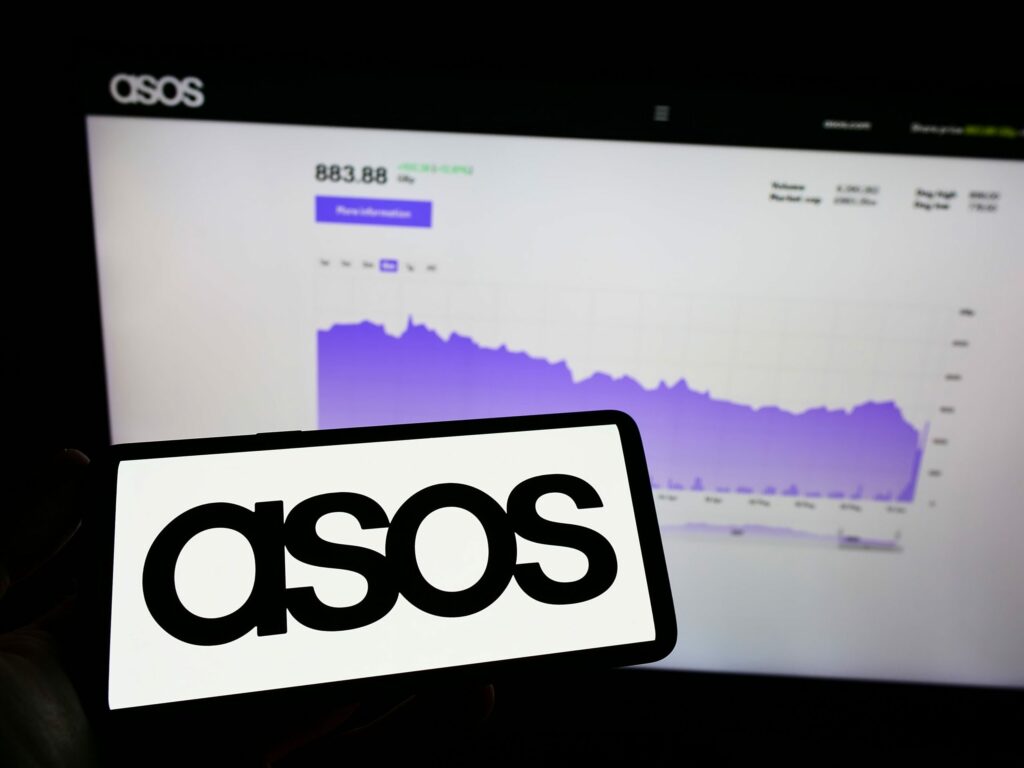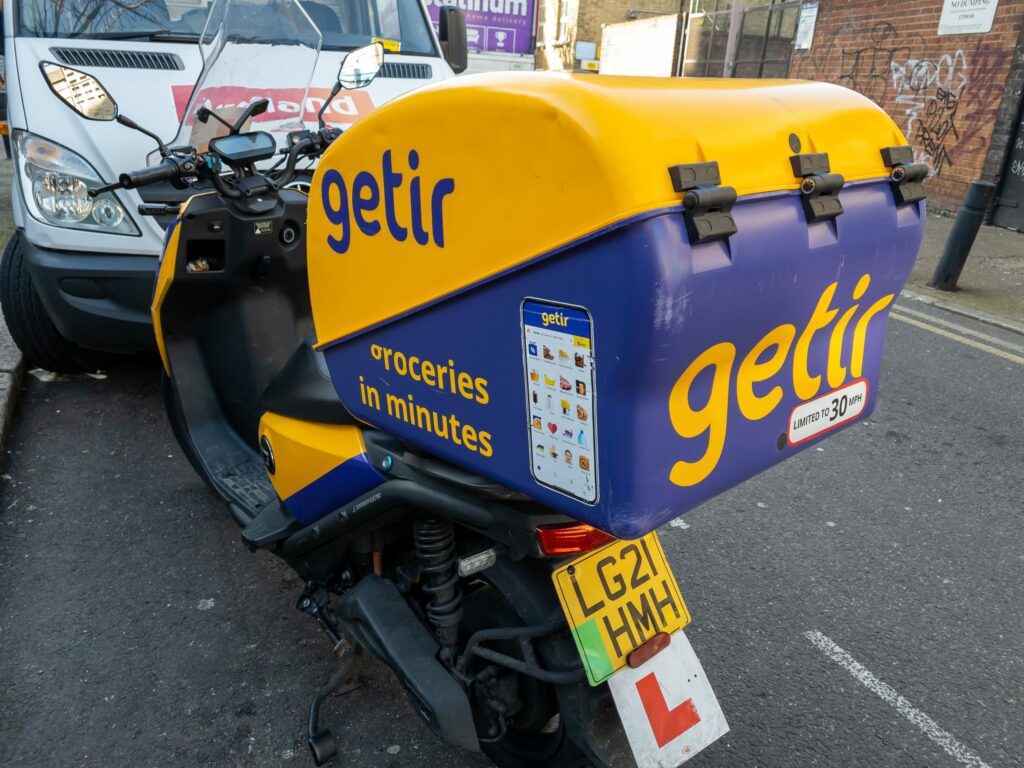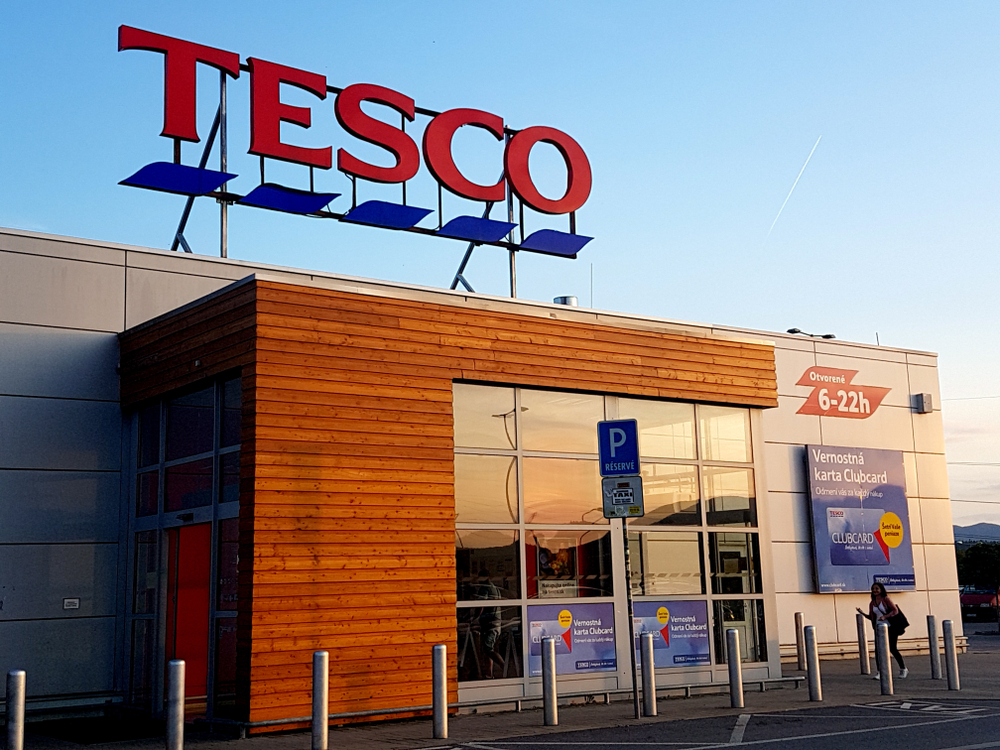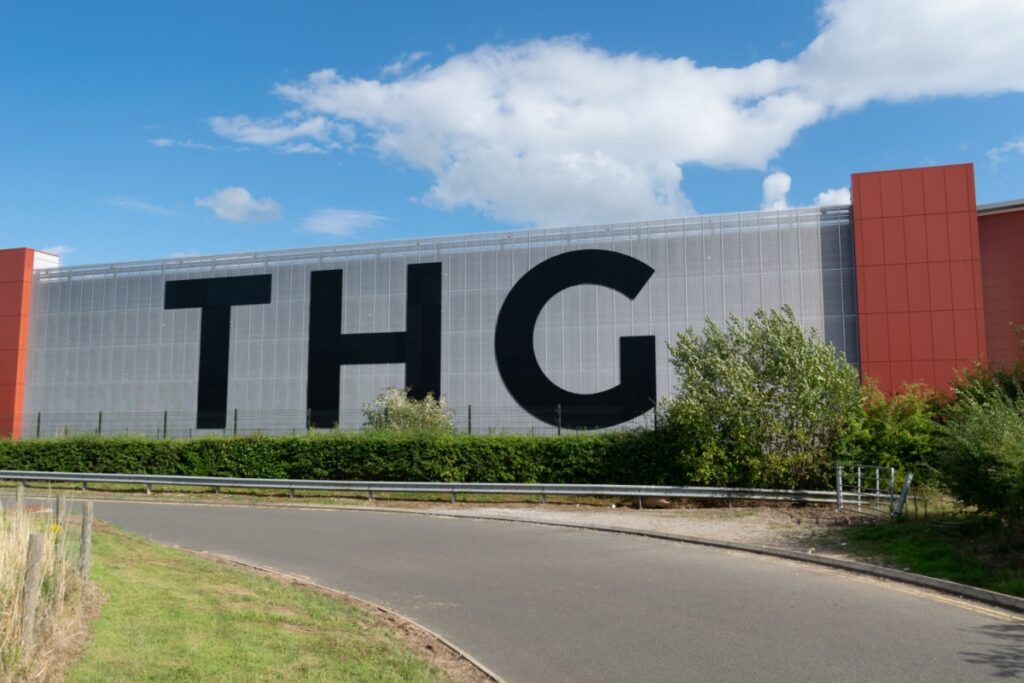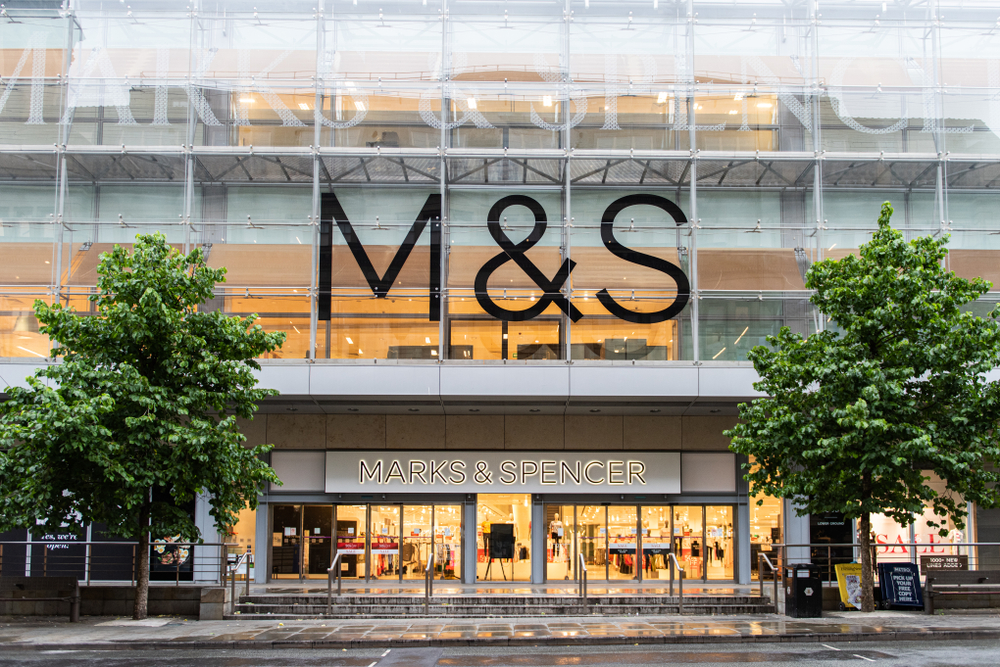Congrats on the recent launch of Lolak!
Thank you! It mostly feels surreal, but in the moments I actually believe it’s all really happening, it feels absolutely fantastic.
Tell me a bit about the Lolak story.
Truthfully, I built Lolak because I realised that I had a major shopping addiction, like most young people today. I was the kind of shopper who spent anywhere up to £400 a week on new clothes that I either never wore, or wore once or twice before leaving them to rot in the bottom of my wardrobe.
I had what I call my “awakening” when I spent a couple of years traveling the world, and seeing some of the impact of fast fashion across the globe, as well as the stark difference between our crazy shopping habits in the UK vs elsewhere.
I felt that the world was suddenly shaming fashion lovers for our lifestyles, without offering many real solutions. Wearing different outfits every day of the week is glamorised in the media, and I doubt anything is going to change that culture soon. We also love spending near to nothing on these clothes, because, well, shopping so often is expensive.
So how can we meet both needs, while doing more to save our planet from the impact of what would otherwise be a selfish habit? Enter Lolak.
“The world was suddenly shaming fashion lovers for our lifestyles, without offering many real solutions”
Why did you decide to launch the brand in the middle of a pandemic?
Lolak was actually supposed to launch just before crazy corona hit, with a big event that I was in the midst of planning. At first, I told myself all of the reasons you can think of that made it a terrible idea to launch: “no one will be shopping at a time like this”, “people are worried about surviving this thing! Not clothes or the environment”, etc. A conversation with a friend changed my mind entirely, and made me flip all of those challenges on their heads.
People are hoping to return to some version of normality soon – shopping and doing wardrobe clear-outs is a fantastic way to feel refreshed and hopeful for the future. What’s more is that all of the time we spent indoors during the worst of lockdown would mean we all have some clothes we want to shift in preparation for the new season, that otherwise might end up in landfill. Launching during a pandemic could be the best or worst idea ever, depending on how you see it.
Can you tell me a little bit about how the resale aspect works?
At the moment, Lolak is entirely a peer-to-peer marketplace. For this reason, I like to call it “our shared wardrobe”. We’ve built the platform with the intentions of replicating the same seamless shopping experience that you’d have on any fashion retail online store, but all of the stock is provided by our users’ wardrobes.
What gap in the UK retail market does Lolak strive to address?
Super affordable, fast fashion clothing arguably has the highest churn rate. Many a millennial fashion-lover will shop for new clothes for pretty much every outing, because what’s in our wardrobes already “isn’t quite right” for the occasion, or maybe we’ve been seen wearing it on Instagram a little too recently. Plus, we can afford to because it’s so cheap.
Despite just how quickly we buy and dispose of these clothes, the industry is currently doing very little to keep these clothes in circulation. The reselling industry is focused on more expensive fashion items, but barely anything is being done to tackle one of our biggest issues: the clothes with the shortest lifespan because people are only wearing them once or twice. Lolak helps to close this gap by keeping perfectly good, affordable and fashionable clothes in circulation between young fashionistas, and out of landfill.
How is Lolak’s business model different to other resale/second-hand fashion retailers?
Our business model is different because we are focused on cheaper clothing as opposed to more expensive, vintage items. Both online and in store, the bulk of second-hand retailers are in the market for vintage or more expensive fashion, which is great and necessary for the good fight of sustainability in fashion. But addressing the resale of cheaper clothing in the climate of this newer “wear-once” culture, is more important than ever.
“Barely anything is being done to tackle one of our biggest issues: the clothes with the shortest lifespan”
How is Lolak performing amid the pandemic?
We are doing well. We’re incredibly proud of the engagement we’ve had so far, and people’s general response when they hear of us is something along the lines of “wow, I can’t tell you how much I need this in my life”, which is always lovely and encouraging to hear. At the moment we’re finding people are more keen to sell than they are to buy, but that’s expected considering the pandemic, and how much less we’re going out in general.
What’s in store for Lolak in 2021?
We’ve been doing a lot of really exciting work on the next phase of Lolak’s life. The biggest pieces we’re working on are around collaborating with fast-fashion brands to act as an outlet store for their overflow; and a clothes swapping feature where users can like, match and swap items.
We’re also working on incorporating a “wardrobe clear-out” service. This will allow users to send us their quality goods and we can take care of the selling process for them, with a payout of their earnings, for free. The wardrobe clear-out service will be available in the next couple of months.
How is Lolak addressing some of the challenges facing the retail industry?
The retail industry is doing a great job of tapping into the sharing economy, but what I think is missing is a focus on reselling as opposed to rental (of usually more expensive goods). As a whole, the model for renting out more expensive goods works, but it leaves a massive question mark around how retailers of cheaper goods can also take part in the sharing economy.
I think the answer lies in shifting the way in which we think about sharing goods a little. There was once a time that the idea of sharing a cab with a stranger was ludicrous, but the likes of Uber used technology to shift the culture and make us feel it makes all the sense in the world. I hope that companies like Lolak can do the same in the retail industry.
What would you say is the biggest risk for the retail sector at the moment?
Brexit and Covid-19 are both major catalysts of uncertainty for us all at the moment. As expected, the retail economy and economy overall are suffering massively as a result. I think the retail industry will see another massive upheaval of retailers going from brick-and-mortar to online.
As we gradually shift to a “new normal”, I think we may well also see some retailers realising that their goods are simply no longer needed on the same scale anymore. The risk lies in how well they are able to predict what this new normal will look like, and re-strategising accordingly.
“I love the idea of solving people’s problems through tech and retail”
Describe your role and responsibilities at Lolak.
I am the founder, developer and marketer for Lolak. I’m sure many founders can agree that when running a company, it feels like you do at least a little of everything. At the moment, my job is mainly around interacting with other brands for collaboration, keeping the development of the platform up to scratch as well as listening to what users want more and less of.
Tell us a bit about yourself and your background.
Like many founders, I have done many things that have led me to founding Lola. I’m a self-taught developer, I’ve also spent four years working as a financial consultant, and after that I spent a couple of years working in PR and marketing, as well as business development.
Growing up, my parents owned a women’s clothing store in London and closed it down after the economic crisis in 2008. I spent my weekends working there as a teenager and falling in love with fashion entrepreneurism, as well as the idea of being in the fashion retail space myself someday.
What got you into retail in the first place?
Retail has always been something I’m passionate about. I love the idea of solving people’s problems through tech and retail. I always say that the majority of the world’s problems could be solved by sharing goods and information, and being in retail tech allows me to help people to do just that.
How has your previous experience aided you?
Working across development, finance and marketing has allowed me to learn all of the key parts that come together to run a successful business. I take pride in knowing that I have both the finances and the ability to put Lolak out into the world effectively, covered. It’s also incredibly important to me to know that when I’m working with others, my decisions and inputs are always informed with experience.
What is the most challenging aspect of your job?
Aside from juggling all of the moving parts, the most challenging aspect of my job is mastering the ability to scale. Lolak has a goal to benefit the environment and users’ pockets but there is a massive challenge in being limited in how much we can do at the moment. Achieving our goals requires not only a large team on Lolak’s end, but also a large number of even more fantastic users. This limitation on our capacity at the moment means each day often starts with the question “do we focus on operations today or growth for tomorrow?”
And the most rewarding?
Seeing the notifications for new listings and purchases on the platform. It makes all of the work feel more than worth it. It’s so encouraging seeing young people buy into our mission and knowing that we are enabling people to share clothes that they once never could, that might’ve otherwise ended up in landfill.
What advice would you give someone embarking on a career in retail?
Go for it! The retail space always has more room for new people and new ideas. The industry exists to make people’s lives happier and easier, and if you feel you can do that, there should be nothing stopping you from giving it a go. I always say the worst that can happen is that you learn something new along the way. Doesn’t sound too bad to me.
Click here to sign up to Retail Gazette‘s free daily email newsletter





